
Denmark
Reducing the incidence of disease-related malnutrition
Reducing the incidence of disease-related malnutrition
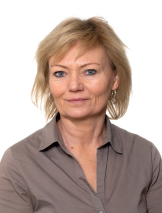
Head of Clinical Nutrition Research, Aalborg University Hospital, editor for this homepage and spokesperson for the collaboration between DSKE, ONCA-Denmark and ONCA.
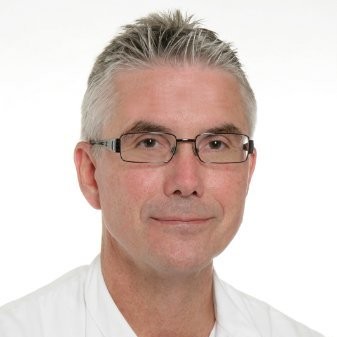





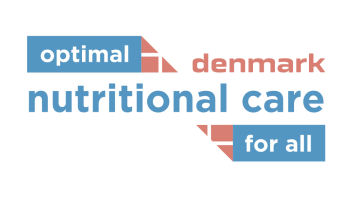
The Danish Campaign logo
ONCA-Denmark aims to reduce the incidence of disease-related malnutrition in Denmark, thereby reducing nutrition-related risk of complications, prolonged treatment, re-admissions, disease incidence and mortality. Clinical nutrition focusing on citizen and patient are essential to fight disease- age and physical condition related to malnutrition.
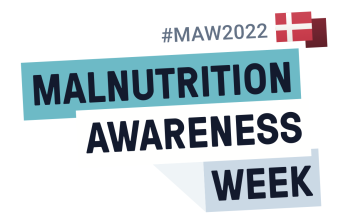
Read the program of the Danish Malnutrition Awareness week 2022
Program
Optimal Nutrition Care for All (ONCA) is a pan-European multistakeholder initiative aimed at supporting professional communities, associations, and patient groups. Furthermore, ONCA-Denmark participates in advancing optimal nutritional practices for citizens, relatives, and patients suffering from disease-related malnutrition.
The ONCA campaign is facilitated by the European Nutrition for Health Alliance (ENHA)[1]. ENHA has appointed a steering committee to lead the initiative through strategic guidance and engagement with partners at a national level. The steering committee consists of representatives from ESPEN, EUGMS, HOPE, EFAD, EGAN og MNI.
ONCA-Denmark is the national formalized ONCA co-operation in Denmark consisting of relevant professional health societies, patient associations, and industry in Denmark.
The overall purpose of ONCA-Denmark is to contribute to patients’ and citizens’ equal rights and access to the detection of the risk of malnutrition and relevant nutritional treatment – regardless of age, diagnosis, and clinical problem. The aim is to secure equality in health services for all[2]. Finally, efforts must be taken to develop and introduce professional standards in the municipalities also including user rights in relation to nutrition.
ONCA-Denmark wishes to contribute to reducing the prevalence of clinical malnutrition in Denmark, thereby reducing nutrition-related risk of complications, prolonged treatment, re-admissions, increased morbidity, and mortality. In addition, it is an independent goal to help citizens, relatives, and patients gain influence on their own care.
ONCA-Denmark will strive to increase political awareness and prioritization, which is crucial for achieving measurable success and constantly improving the quality of nutritional efforts.
ONCA-Denmark will additionally work to establish a national strategy to create coherent services for all citizens and patients in Denmark at risk of malnutrition. This will be achieved through contributions that can motivate and help the implementation of the malnutrition guideline from The Danish Health Agency Malnutrition: Detection, treatment, and follow-up on citizens and patients at nutritional risk[3]. Specifically, ONCA-Denmark uses four parameters to measure the success of the national strategy:
ONCA-Denmark aims to be the common platform for professional associations, organizations, and patient associations.
To achieve its goals, ONCA-Denmark focuses primarily on health and nutrition professionals who work with nutrition in all treatment, nursing, and rehabilitation programs in hospitals, general practice, and the municipality, health centers, nursing homes, home care, and other care institutions. The cooperation must ensure the active involvement of citizens and patients, as well as dialogue between the actors in the collaboration.
ONCA-Denmark also aims to engage Danish politicians at all levels, officials, planners, and employees in municipal and regional services, private stakeholders within the field of nutrition, medical societies, and educational institutions of healthcare professionals.
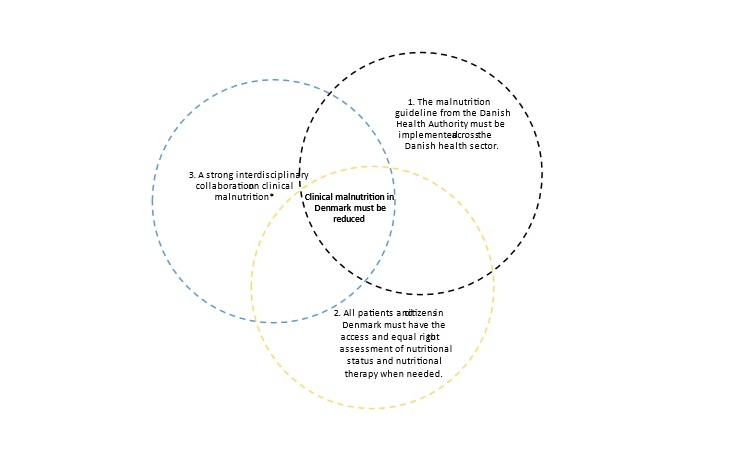
*The ONCA partnership is an interdisciplinary collaboration between The Danish Society for Clinical Nutrition (DAPEN), The Diet and Nutrition Association, The Danish Lung Association and the Medical Nutrition Industry association (MNI).
The Alliance Against Malnutrition consists of several leading organizations that share an interest in solving the problem of malnutrition in Denmark. Working together, ONCA-Denmark leverages the competencies and knowledge into action in an interdisciplinary environment.
In cooperation with authorities and organizations, ONCA-Denmark aims to work for a cross-sectoral implementation of the workflows in the primary and secondary sectors as described in the guideline from The Danish Health Authority’s disease-related malnutrition. Also, it is important that the implemented workflows are maintained at hospitals, in municipalities, and in general practices. Lastly, it is crucial to implement the workflows in the curriculums of the education of healthcare professionals and nutrition professionals.
ONCA-Denmark works to ensure that nutritional risks are identified systematically, so that patients and citizens in the primary sector, e.g., in-home care and nursing homes, can receive timely intervention. Accordingly, a nutrition plan must be drawn up for all citizens and patients at nutritional risk with agreement on accurate goals and follow-up, as well as who is responsible for the follow-up upon transition between sectors.
ONCA-Denmark is committed to establishing a strong partnership between relevant authorities and organizations with a particular focus on disease-related malnutrition.
A chair, a communications officer, and a secretary of state ONCA-Denmark. The board of the Danish Society for Clinical Nutrition and Metabolism (DAPEN), which is the national scientific clinical nutritional society of Denmark, appoints two representatives for the ONCA-Denmark board (chair and communications officer). The secretarial function is handled by the secretary of ONCA-Denmark that is appointed by the industry association MNI.
ONCA-Denmark has two to three physical annual meetings. Additionally, online meetings and meetings in the international ONCA team occur.
ONCA-Denmark’s terms of reference are updated continuously. All members of ONCA-Denmark are involved in the updating process.
The Danish Society for Clinical Nutrition and Metabolism (DAPEN) / (Dansk Selskab for Klinisk Ernæring (DSKE))
The Danish Society for Clinical Nutrition and Metabolism (DAPEN) is a professional partner of ONCA-Denmark. DAPEN ensures professional sparring and is a link to other scientific societies.
The Danish Lung Association (Lungeforeningen)
The Danish Lung Association is a professional partner of ONCA-Denmark. The Danish Lung Association, being a patient association of Danish patients with lung diseases, contributes with unique knowledge of what is important for the individual patient and their next of kin. The Danish Lung Association also functions as a link to other patient associations.
The Diet and Nutrition Association (Kost og Ernæringsforbundet)
The Diet and Nutrition Association is a professional partner of ONCA-Denmark. The Diet and Nutrition Association is a union and interest organization for nutrition professionals and contributes with knowledge about the education of nutrition professionals and the work of nutrition professionals.
The Medical Nutrition Industry Association MNI (FMF – Food for Medical Purposes)
FMF is a professional partner of ONCA-Denmark. FMF is an industry association for manufacturers of food for special medical purposes in Denmark under the Danish Chamber of Commerce. FMF contributes with communicational and PR skills. Furthermore, FMF has a large network with various relevant stakeholders.
The Danish Health Authority
The Danish Health Authority has observer status in ONCA-Denmark. Participation is strictly professional and not of political nature.

The Danish ONCA logo
The logo for ONCA-Denmark may only be used by the parties based on ONCA-Denmark’s activities and to draw attention to the association’s purpose and existence in relevant cooperation. On withdrawal from the collaboration, one must no longer use the logo. Participants may not use the logo in their own signatures, or on websites other than ONCA-Denmark or those related to the association’s cooperation. The logo can be used in Danish or English as relevant.
[2] The Vienna Declaration (2022)
[3] Guidelines from The Danish Health Agency (2022)
The terms of reference of ONCA-Denmark are first written and approved on May 21st, 2019. The present update was approved by ONCA-Denmark on June 1st, 2023.
